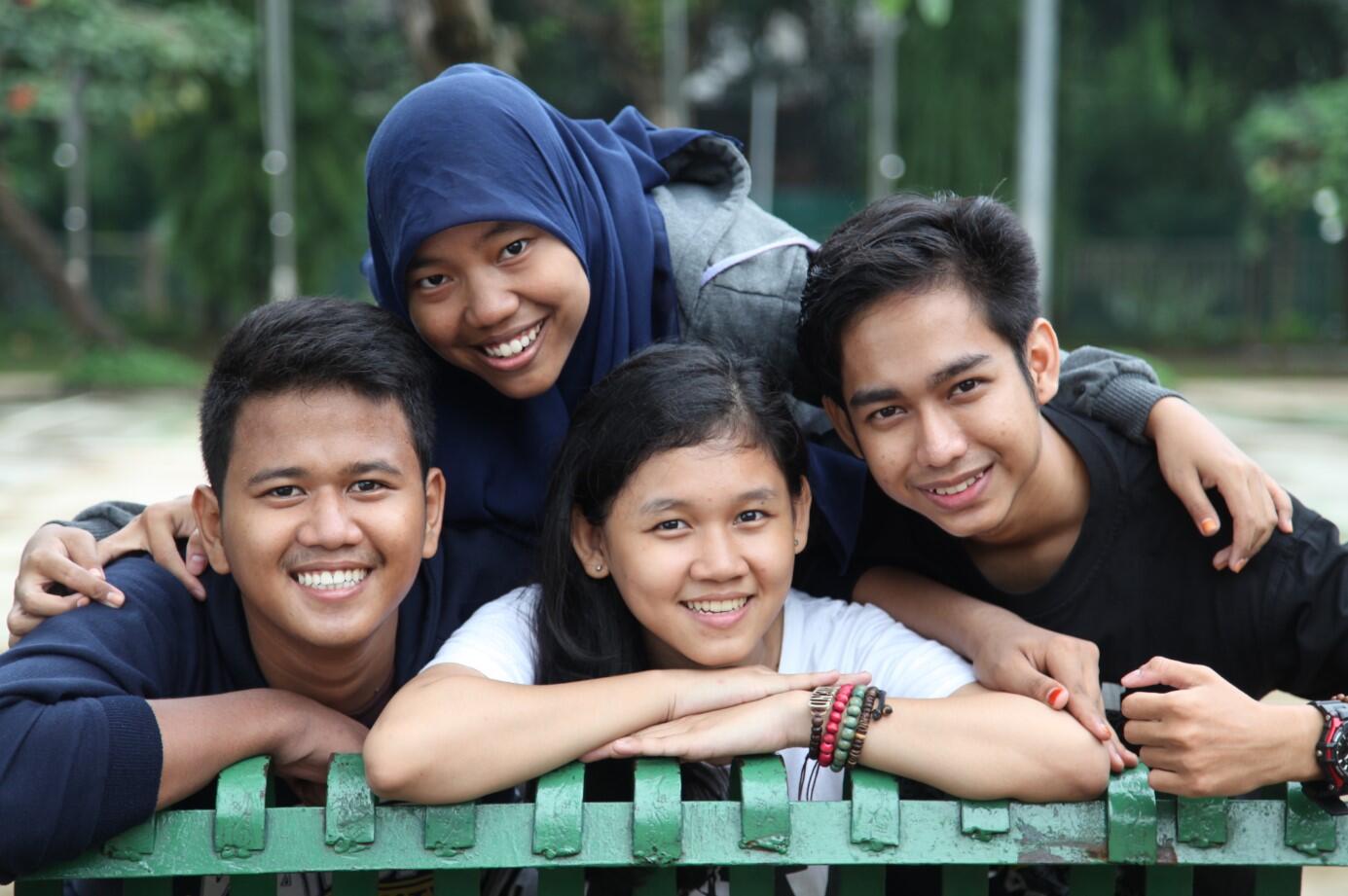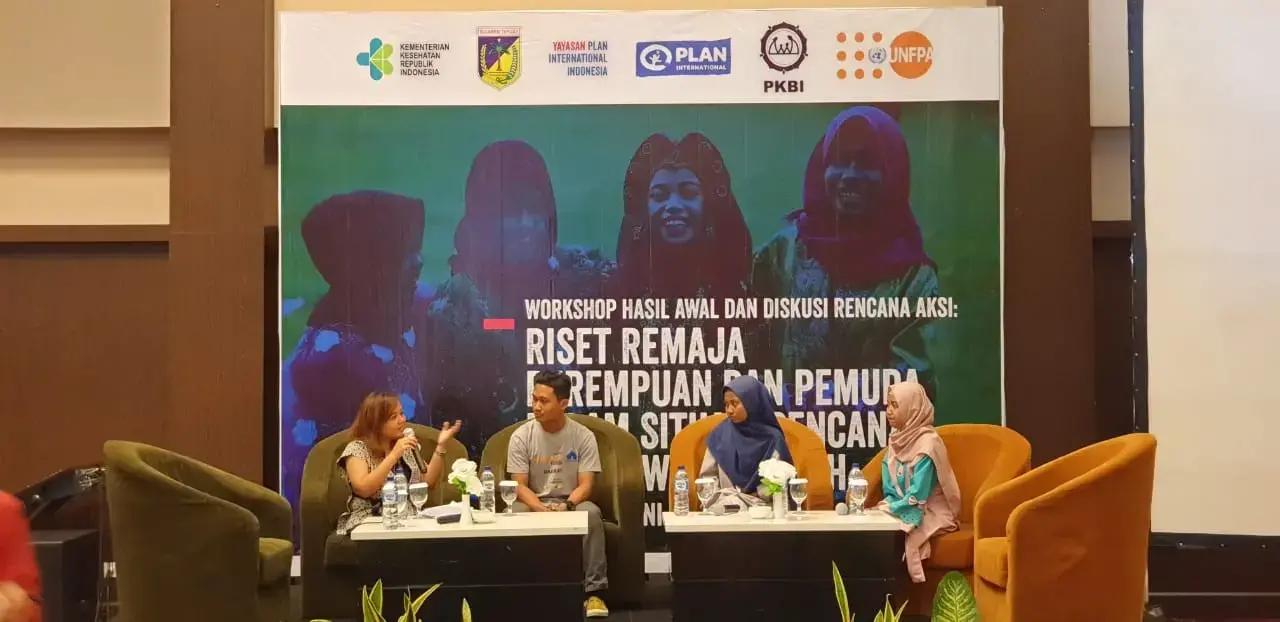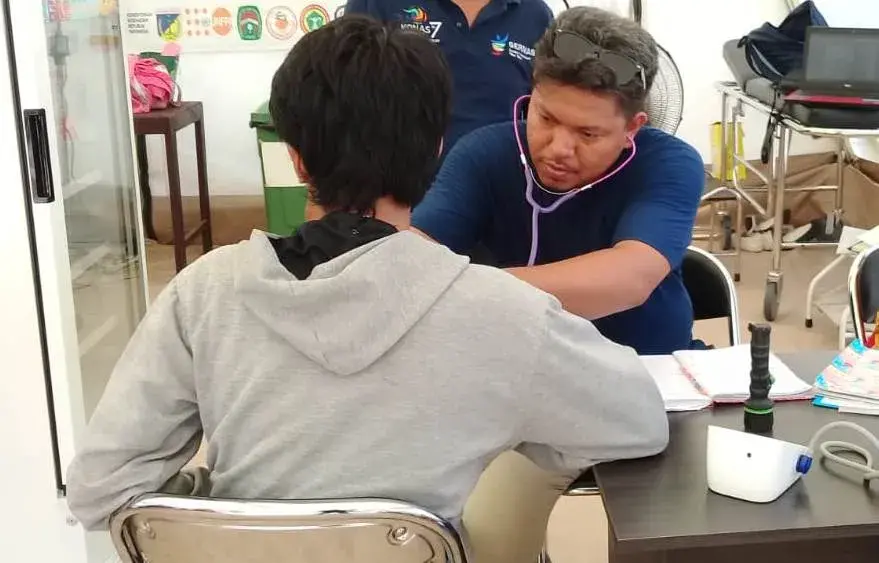One out of four Indonesian people (64.19 million out of the 267 million total population) are young people aged 16-30, according to Indonesian Youth Statistics 2019 published by BPS-Statistics Indonesia. Globally, there are 1.8 billion young people today. We are more than just a number, however. Young people are creative, energetic, resourceful, well connected, and technology savvy. We are more than capable of changing the world for the better.
Achieving Sustainable Development Goals (SDGs) by 2030 would not be possible without involving youth and including our voices in decision making. This is where SDGs Youth Hub, an online platform for young people to have their ideas heard and influence policies, plays a critical role.
As Suharso Monoarfa, Minister of National Development Agency/Head of the National Development and Planning Agency (Bappenas) said, “It is important to position young people as principal subjects and actors (in development).”
Youth & Democracy in Indonesia
Indonesia is one of the most vibrant middle-income countries, with a rising middle class and declining poverty, largely due to growth-led job creation in cities. With more than half of the nation’s population below the age of 30, demographic dividend is key for Indonesia to better shape the nation over the next 10 years.
We will not be where we are today without Indonesian youth’s courage and action. In 1928, young people from all over the archipelago declared national unity during a youth congress. In 1945, young people pushed for the proclamation of Indonesia’s independence. Today, youth remain the driving force of positive change in economic, social, cultural, and political sectors.
As regulations are the driving forces of national development and an inclusive development must ensure that no one is left behind, young people have to be included in decision making processes.
Introducing SDGs Youth Hub
To achieve SDGs, the Indonesian government has enacted the Presidential Decree No. 59/2017, which highlights development in social, economic, environmental, justice, and governance aspects. Committed to supporting the Indonesian government in achieving SDGs and empowering youth through participation and leadership, the United Nations Population Fund (UNFPA) is introducing sdgsyouthhub.id.
“To accommodate youth aspirations related to sustainable development goals, Bappenas with support from UNFPA developed a virtual platform called SDGs Youth hub,” said Suharso Monoarfa during the National Youth Dialogue held on 26 October 2020, during which the online platform was launched along with the Indonesian Youth Development Index 2019.
SDGS Youth Hub is an innovative approach to actively involve young people in the decision making process, which promotes five principal values: inclusivity, forward-oriented solution, meaningful youth participation, youth-led engagement, and prioritizing innovation. This platform focuses on key development areas identified in the four pillars of the national priorities. “The platform could be used as a media for young people to inform the government on your contributions in the SDGs implementation and participate in the global action,” said Melania Hidayat, UNFPA Assistant Representative at the National Youth Dialogue.
How You Can Participate
SDGs Youth Hub is a platform for young people to connect with the government and various stakeholders, develop ideas, and promote actions to build a cohesive and strong community for the implementation of the SDGs. Moreover, the SDGs Youth Hub helps visualize the progress of implementation of the 17 SDGs through creative content.
Another unique feature is the geo tagging system, which enables young people or youth organizations to showcase their activities in the implementation of SDGs programmes across Indonesia, and inspire each other.
Your voice matters. Your recommendations today will determine our future. So make your voice heard with the SDGs Youth Hub today.
Rizky Ashar Murdiono
Programme Associate for Youth Engagement in SDGs Implementation
UNFPA Indonesia




